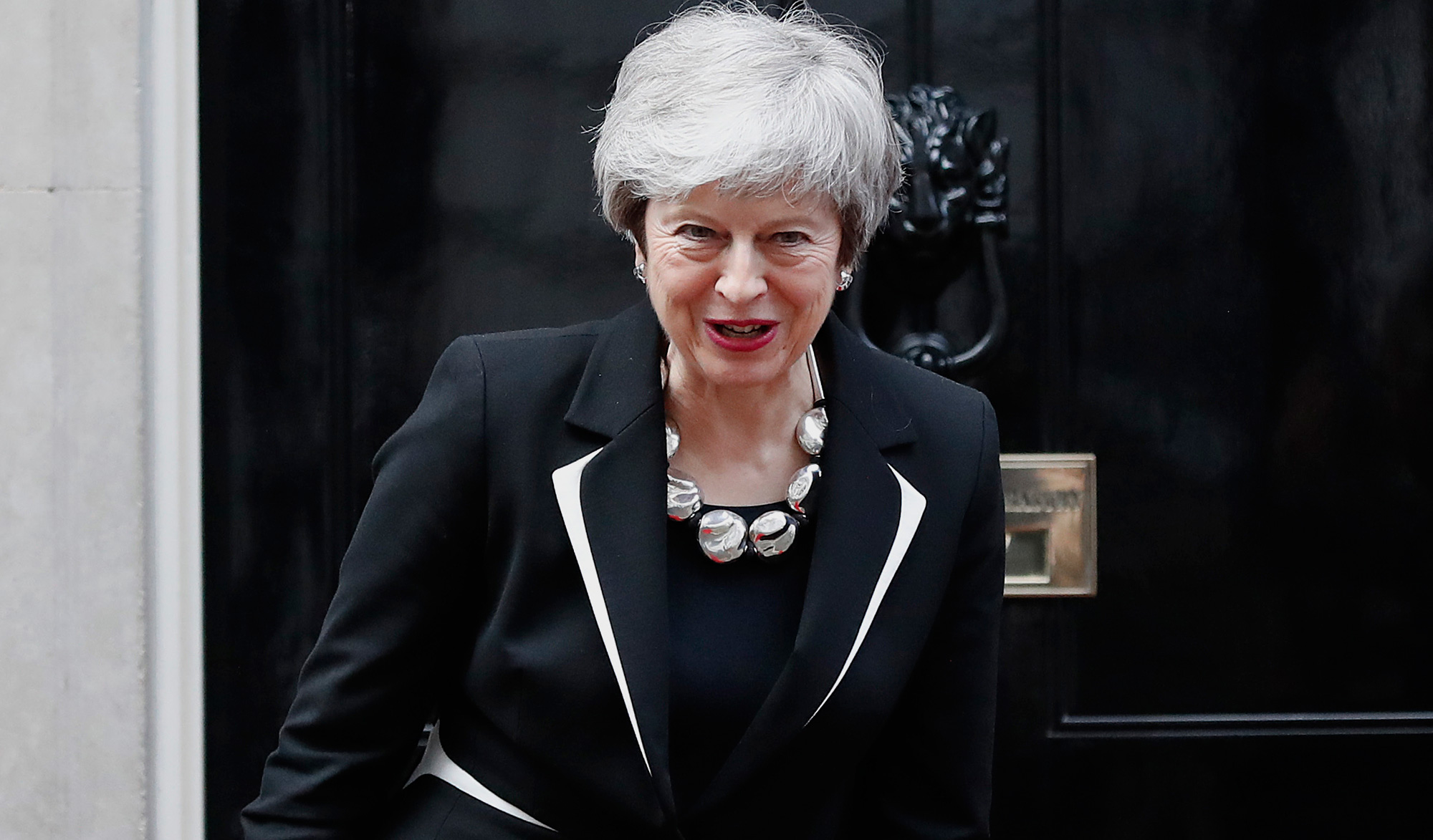In Gilbert and Sullivan’s 137-year-old comic opera, Iolanthe, Private Willis had thought up the following lines: “When in that House MPs divide,/ If they’ve a brain and cerebellum too/ They have to leave that brain outside/ And vote just as their leaders tell ’em to.”
However, this January, Britain’s House of Commons witnessed the largest defeat of a government motion in 100 years of British history. Theresa May’s Brexit deal could manage the support of only 202 MPs; 432 MPs voted against her deal. In fact, among Tory parliamentarians, 118 went against their prime minister while only 196 MPs supported her. Interestingly, three Labour MPs had voted for May.
If May had been successful in issuing a binding ‘whip’ on her party members, she could have got the support of 317 MPs in total — 314 from her own party and three independent MPs. Of course, the three rebel Labour MPs would have to vote against May’s deal to follow a binding Labour party whip towards that direction.
In this context, it might be interesting to note that the term, ‘whip’, originated from the word, ‘whipper-in’. A whipper-in tries to prevent hounds from wandering away from the pack during a hunt. Today, a ‘whip’ is a directive from the party to its members of a House to honour its line. A one-line whip is issued to inform the party members about a vote, a two liner is to inform to be present at the time of the vote, and a three liner is a directive to vote according to the party line.
Spot the difference
In India, a three-liner whip can be violated only if at least one-third of the legislatures of a party decide to go against the party line. Due to the 10th schedule or the anti-defection law, a member who violates his/her party’s whip faces expulsion from the House. Although India inherited the whip system from the British raj, there is a difference. The whip is not binding on MPs in the United Kingdom. The party would take note of the MPs’ decisions, of course. In fact, Jeremy Corbyn, the man who heads Labour and is the leader of the Opposition, is someone who has defied his party’s whip on several occasions — more than 600 times since 1983! Apparently the British MPs exercised their choices according to their own beliefs during a time of unprecedented social, political and economic crisis in the country. The fate of the country is determined by the individual wisdom of legislators. If Britain had a whip system that was binding, history would have taken a different shape altogether.
History can be reshaped in the absence of a whip as well. When the then prime minister and leader of the ruling party’s parliamentary members refused to issue a whip citing the Presidential and Vice Presidential Elections Act, 1952, a ‘conscience vote’ of the Congress legislators resulted in the victory of the independent candidate, V.V. Giri, as the fourth president in 1969, leading to the strengthening of the prime minister’s control over her party.
Again, India’s Supreme Court had sought to examine whether elected lawmakers could defy the party whip, abstain from voting, resign, and join a rival political party without breaching the provisions of the anti-defection law after the Congress demanded the disqualification of its legislator, Vishwajeet Rane, after he had defied a party whip to vote in favour of a coalition led by the Bharatiya Janata Party in March 2017.
The system of making the whip binding in India is not without reason, given the long history of defection, ‘horse trading’ and ‘resort politics’ in this country. Under the Indian system, a whip is thus not a reflection of the individual wisdom of elected representatives. It seeks an ‘enforced consensus’ that curbs the free will of legislators.
Theresa May might wonder that if the whip was binding in the UK, her Brexit deal would have gone through.












